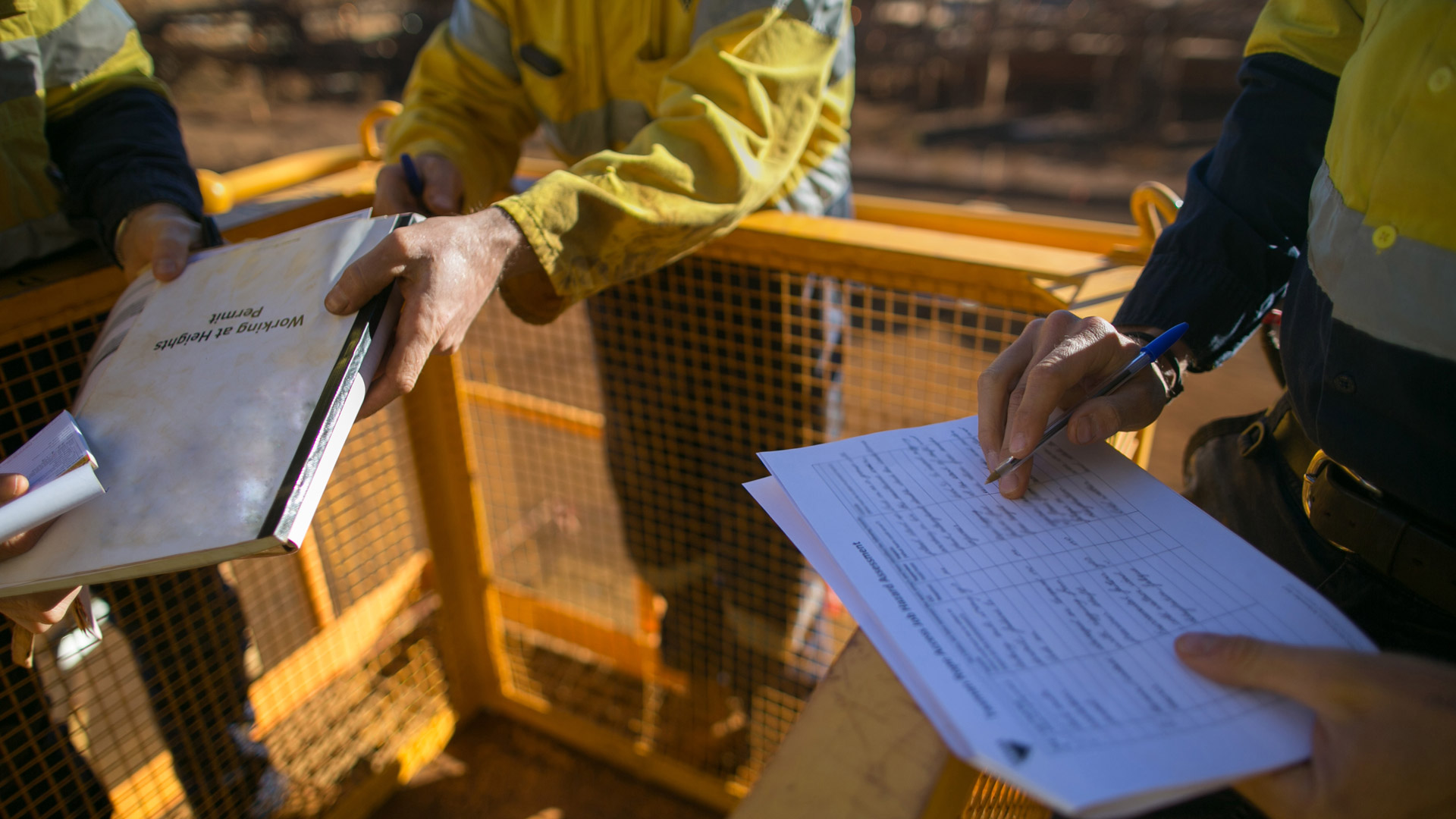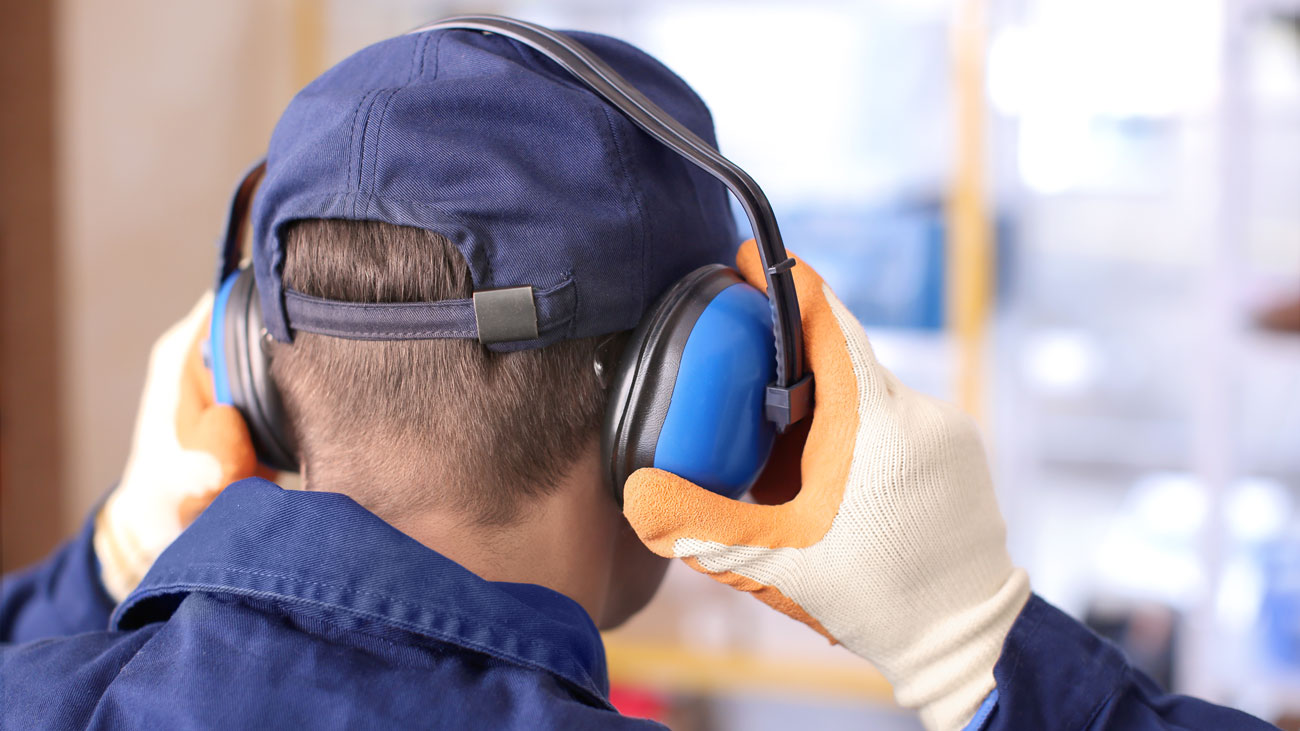On 6 April 2022 the Personal Protective Equipment at Work (Amendment) Regulations 2022 (PPER 2022) came into force, amending the 1992 Regulations (PPER 1992). They extend employers’ and employees’ duties regarding personal protective equipment (PPE) to limb (b) workers.
PPE is defined in the PPER 1992 as “all equipment (including clothing affording protection against the weather) which is intended to be worn or held by a person at work and which protects the person against one or more risks to that person’s health or safety, and any addition or accessory designed to meet that objective”.
As announced earlier in the year in this briefing, if PPE is required, employers must ensure their workers have sufficient information, instruction and training on the use of PPE. PPER 1992 places a duty on every employer in Great Britain to ensure that suitable PPE is provided to ‘employees’ who may be exposed to a risk to their health or safety while at work.
PPER 2022 now extends this duty to limb (b) workers, defined as workers who generally have a more casual employment relationship and work under a contract for service.
Employers need to carefully consider whether the changes to UK law apply to them and their workforce and make the necessary preparations to comply.
These changes do not apply to those who have ‘self-employed’ status.
You may also be interested in
RELATED CONTENT
RELATED COURSES

The Manual handling course helps learners understand the risks and dangers associated with lifting and handling in the workplace.

The Permits to work course explores the elements of permit-to-work systems and the high-risk activities that may require them.

The world’s best-known health and safety certificate, designed for managers and supervisors in any sector or organisation.

Introduction to health and safety gives learners a basic introduction to managing safety in their workplace.

The British Safety Industry Federation (BSIF) has issued a warning to those overseeing personal protective equipment (PPE) and safety product procurem...

Following the departure of the UK from the EU, and the transition period which comes to an end on 31 December 2020, new rules from January 2021 will e...

The Chartered Institution of Building Services Engineers (CIBSE) has produced an information sheet intended to help property operators, facilities man...

Employers must update workplace policies to ensure workers are clear on the rules on wearing the correct PPE, including facemasks.